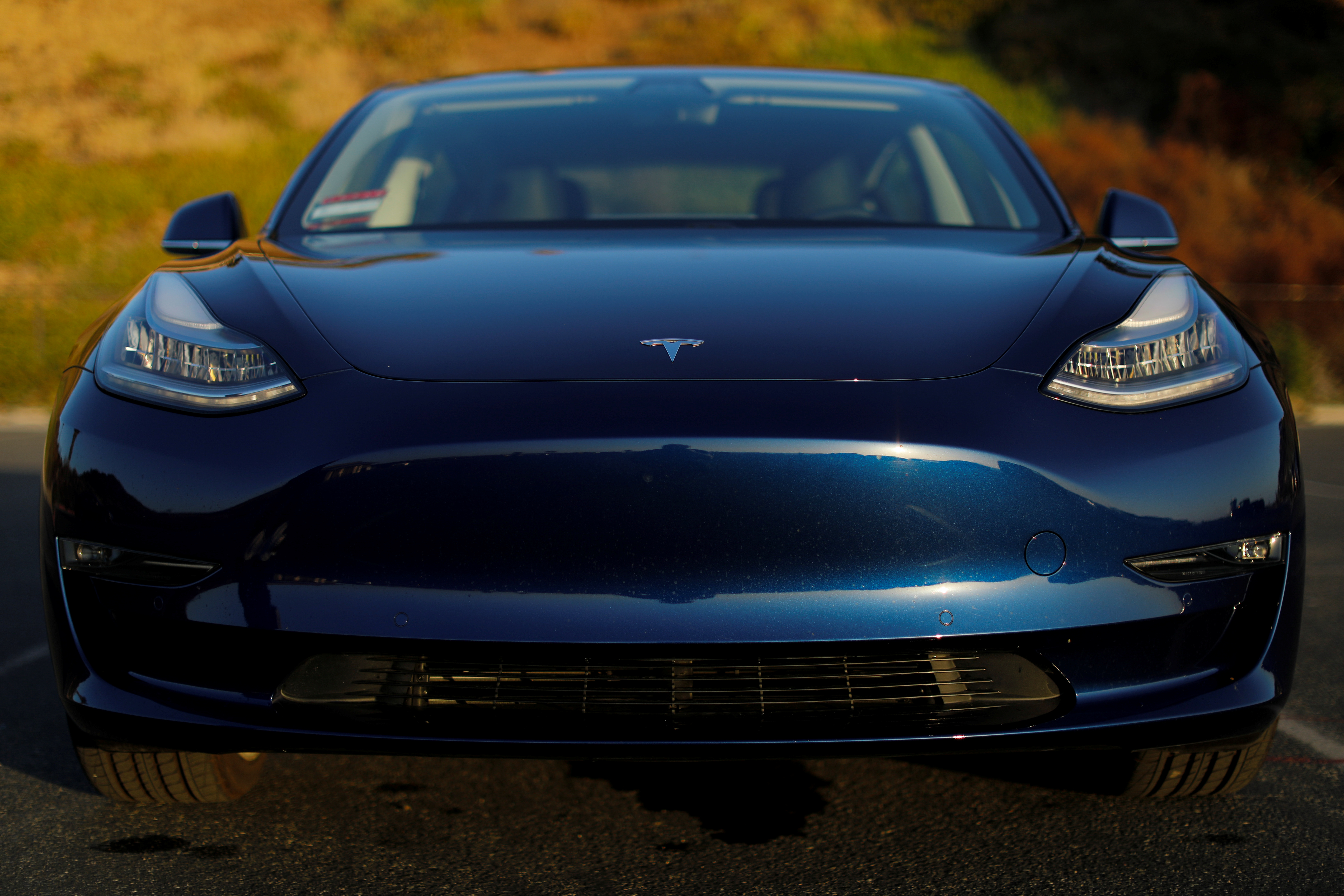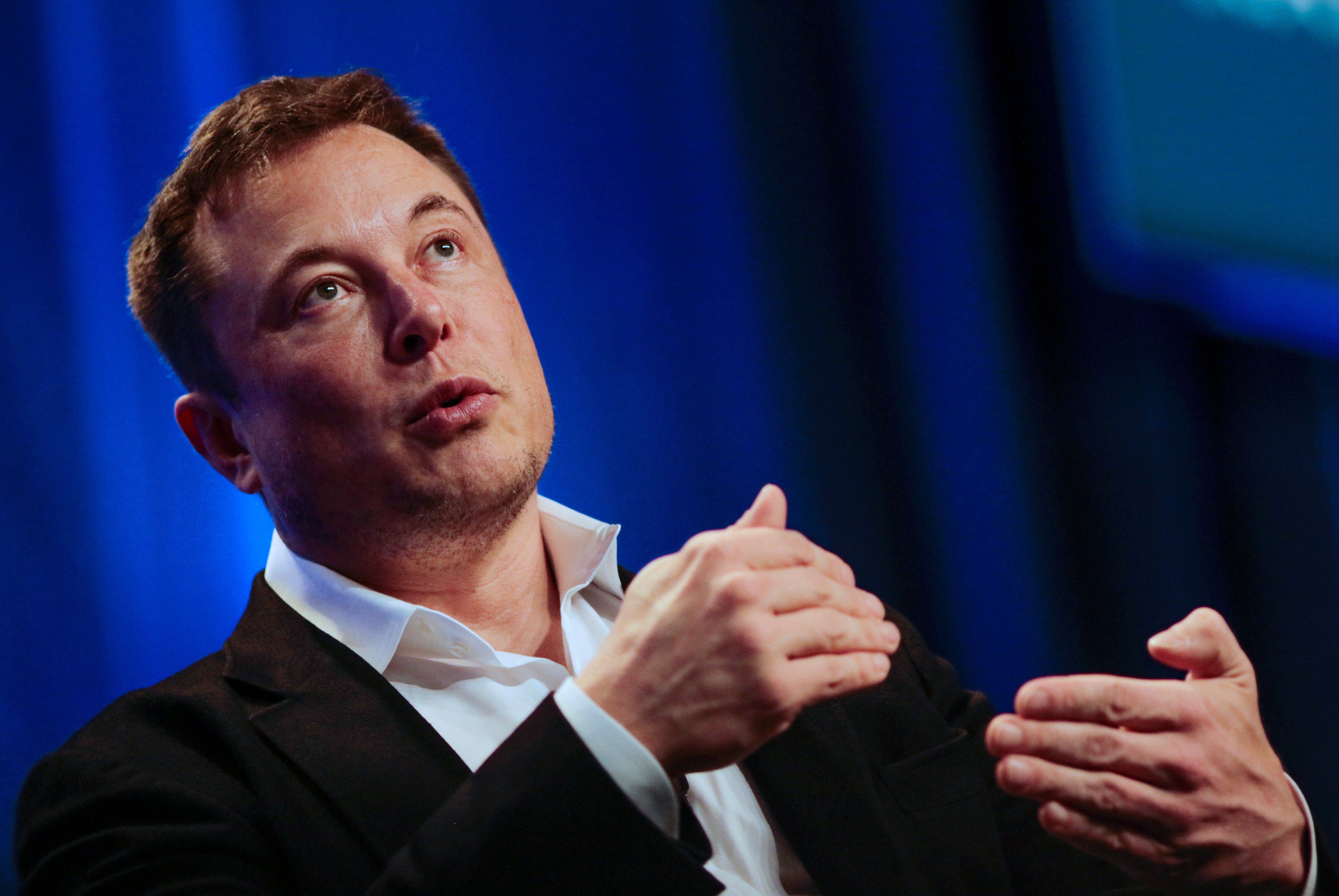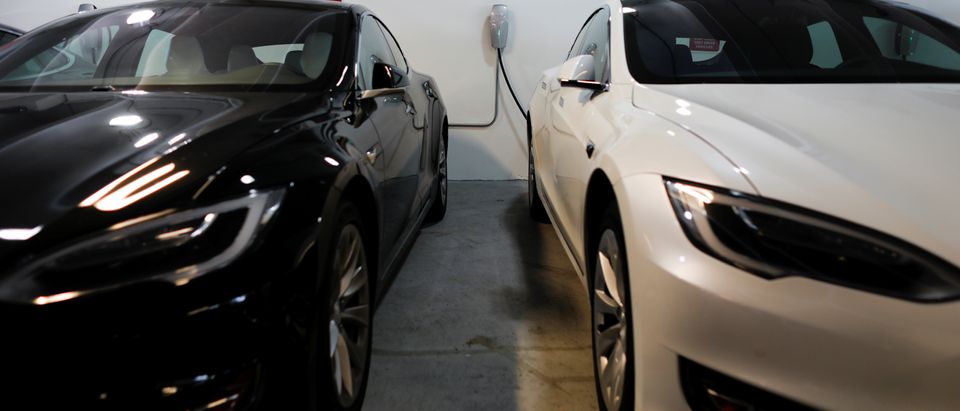The Treasury Department announced it would phase out electric vehicle subsidies for Tesla buyers at the beginning of 2019, and by 2020, those tax subsidies would completely disappear.
It’s an announcement the Treasury Department’s Internal Revenue Service (IRS) will be making more of in the coming years as automakers produce enough electric cars to trigger a phase-out of tax subsidies.
“Tesla, Inc. has submitted reports that indicate that its cumulative sales of qualified vehicles reached the 200,000-vehicle limit during the calendar quarter ending September 30, 2018,” reads an IRS notice published Friday.
“Accordingly, the credit for all new qualified plug-in electric drive motor vehicles sold by Tesla, Inc. will begin to phase out January 1, 2019,” the IRS noted. (RELATED: Congress Debates Whether More Tax Dollars Will Go Towards Add-Ons For Luxury Electric Cars)
Tesla hit the 200,000-vehicle mark earlier in 2018, triggering tax subsidies to phase out. Tesla buyers are still eligible for a $7,500 tax credit through the end of 2018, but subsidies fall to $3,750 per vehicle for the first half of the year before declining to $1,875 in the second half.

A 2018 Tesla Model 3 electric vehicle is shown in this photo illustration taken in Cardiff, California, U.S., June 1, 2018. Picture taken June 1, 2018. REUTERS/Mike Blake.
By 2020, Tesla buyers will no longer receive federal tax credits, though they may still get state and local subsidies for electric car purchases. Congress may also extend electric car subsidies, which were put in place in 2008 when lawmakers worried about high oil prices.
Tesla and GM, the only other automaker to face a subsidy phase-out in 2019, are part of the EV Drive Coalition, which is pushing to extend subsidies for electric vehicles. The group claims subsidies are “essential to the continued development of the EV market.”
However, Tesla co-founder and CEO Elon Musk previously suggested Tesla didn’t need government subsidies to thrive.
“If I cared about subsidies, I would have entered the oil and gas industry,” Musk said in 2015.

Tesla and SpaceX CEO Elon Musk speaks in a “fireside chat” at the National League of Cities (NLC) 2018 City Summit in Los Angeles, California, U.S. November 8, 2018. REUTERS/Kyle Grillot.
Conservative activists oppose extending electric car subsidies, arguing they primarily benefit high-income Americans at the expense of the working class and poor.
“They’re basically subsidizing rich people, but mostly rich Californians,” Tom Pyle, president of the American Energy Alliance (AEA) that opposes electric car tax credits, told The Daily Caller News Foundation in December.
Pyle called electric car tax credits a “reverse Robin Hood tax credit.” Republicans, including Wyoming Sen. John Barrasso, agree electric vehicles subsidies should be ended.
Barrasso introduced legislation to end the tax credit and slap a fee on electric vehicles, which would go toward the Highway Trust Fund. However, Republican Nevada Sen. Dean Heller introduced legislation to lift the subsidy cap and phase out tax credits in 2022.
A bill from Democratic Vermont Rep. Peter Welch in the House would completely remove the cap for the next 10 years.
Tesla did not respond to TheDCNF’s request for comment.
Follow Michael on Facebook and Twitter
All content created by the Daily Caller News Foundation, an independent and nonpartisan newswire service, is available without charge to any legitimate news publisher that can provide a large audience. All republished articles must include our logo, our reporter’s byline and their DCNF affiliation. For any questions about our guidelines or partnering with us, please contact licensing@dailycallernewsfoundation.org.


